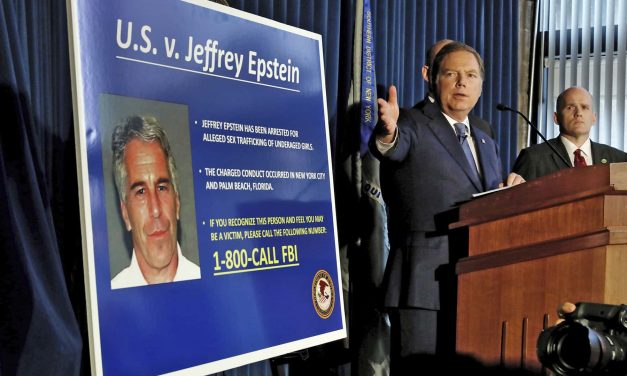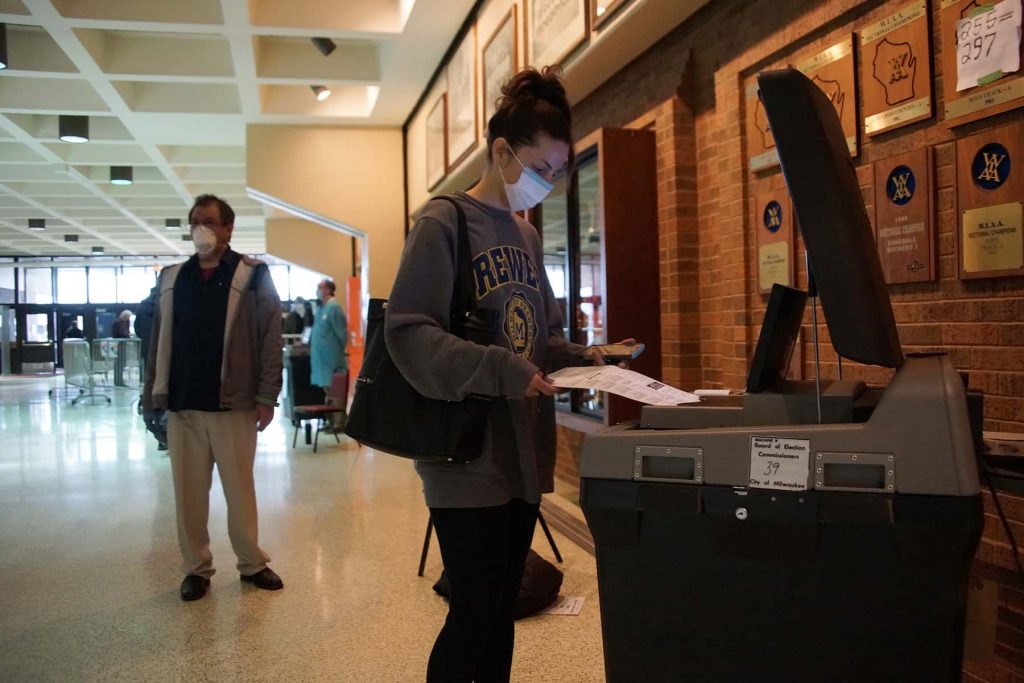Moral licensing: How philanthropy encourages bad behavior under the guise of making the world better
By Patricia Illingworth, Senior Fellow, Carr Center for Human Rights Policy, Kennedy School of Government, Harvard University; Professor of Ethics, Northeastern University I teach a course on ethics and philanthropy and have written about how to donate to charities ethically. Recent news about people who make big charitable gifts acting badly is making me wonder whether philanthropy really does make the world better. Think about it: Members of the Sackler family, who have given millions to arts institutions, also own Purdue Pharma. That’s the company that patented and aggressively marketed Oxycontin, an approach that helped bring about the opioid...
Read More















